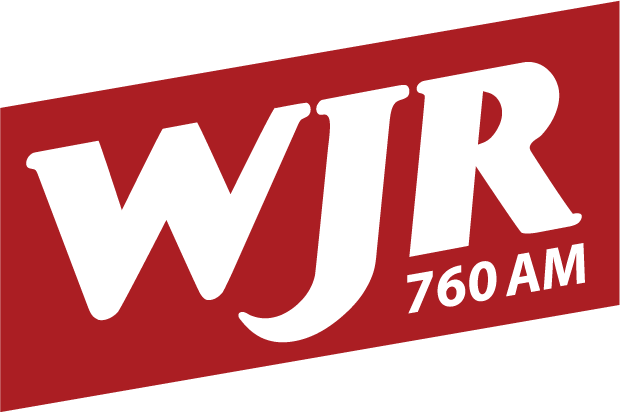Once again, after a more than three-decade interlude, Canada is being led by a Trudeau.
Justin Trudeau was sworn in Wednesday as Canada’s 23rd Prime Minister, bringing both fresh blood and an established pedigree to his country’s top job given that his late father, Pierre, held the same position for all but a few months from 1968 to 1984.
The younger Trudeau’s ascent comes 16 days after his Liberal party scored an absolute majority in the general election, a decisive victory that ended Stephen Harper’s nearly 10 years as Prime Minister.
The 43-year-old campaigned on a platform that differed in many ways to the more conservative Harper. On Election Night, though, Trudeau stated that above all else he and the Liberal party won because “we listened.”
“We defeated the idea that Canadians should be satisfied with less, and that better isn’t possible,” he said. “My friends, this is Canada, where better is always possible.”
Exceeded expectations in campaign
When the campaign cycle began earlier this year, some considered Trudeau too much of a political neophyte — he worked as a teacher and advocate before winning a parliament seat in 2008 — to captain Canada, regardless of his last name.
Yet, much like he’s shown in the boxing ring during charity events, Trudeau proved to be a fighter capable of exceeding expectations.
“We beat fear with hope, we beat cynicism with hard work,” he said following his victory. “We beat negative, divisive politics with a positive vision that brings Canadians together.”
Changes coming to domestic, foreign policies
Time will tell, but it appears that the Liberal party’s victory could mean big changes for Canada.
Trudeau campaigned to revamp tax policies to more benefit middle- and low-income citizens, invest more in public transit and “green infrastructure,” bolster gun-control measures, legalize marijuana and open Canada’s doors wider to immigrants.
It’s not clear which issue he’ll tackle first, though Trudeau has already told U.S. President Barack Obama that he’ll pull his country from the U.S.-led bombing campaign against ISIS militants in Syria and Iraq. He vowed that Canada will remain “a strong member of the (anti-ISIS) coalition” in what he called “a responsible way.”
“He understands the commitments I’ve made around ending the combat mission,” Trudeau told reporters late last month, without giving a time frame.


